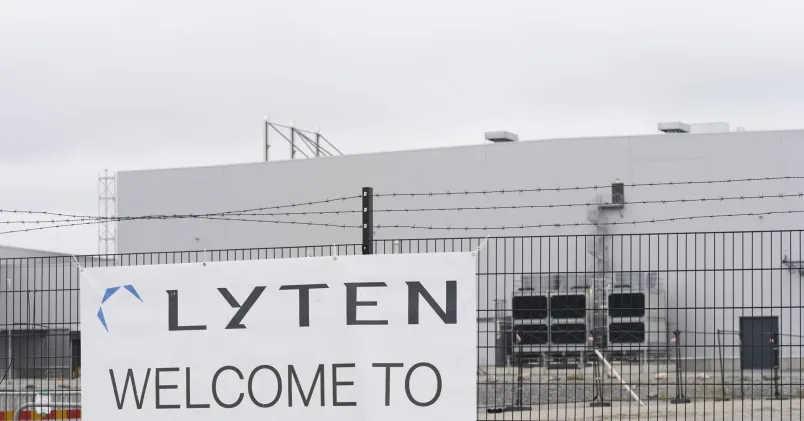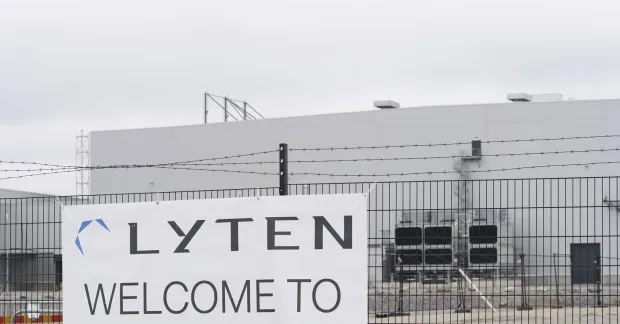
Den statiska indelningen i industri och tjänster har i stort sett mist sin betydelse, enligt Industrins Ekonomiska Råd (IER). I sin senaste rapport hänvisar IER till internationell statistik som visar att Sveriges industri står sig stark, både ur internationellt och historiskt perspektiv, om man räknar in tjänstesektorns bidrag.
Sysselsättningen har förvisso minskat i industrisektorn under de senaste åren men industrin har i stället knoppat av verksamheter som numera bedrivs av tjänsteföretag. Samtidigt har betydelsen av tjänster ökat i industriföretagens affärserbjudanden och industriföretag marknadsför sig ofta som tjänsteföretag i dag.
Men för att svensk industri ska kunna stå sig internationellt även framöver är det viktigt att Sveriges lönebildning, precis som i dag, utgår från industrins konkurrenskraft. Det vill säga att Industriavtalet fortsätter sätta märket. Dessutom menar rådet att det krävs tillgång till den globala arbetsmarknaden, flexibilitet i organisationerna och bättre användning av invandrares kompetens.
Rapporten visar också att det är viktigt med satsningar på infrastruktur. Både fackens och arbetsgivarorganisationernas chefsekonomer vittnar om problem med transporter, energipolitik och att hitta kvalificerad arbetskraft inom bas- och tillverkningsindustrin. Även inom den industrinära tjänstesektorn är det svårt att hitta rätt kompetens, förutom att bostadsbrist och otillräcklig kollektivtrafik ställer till problem.
Läs hela rapporten ”Global arbetsmarknad, lönebildning och infrastruktur - viktiga förutsättningar för industrins konkurrenskraft".
Industrins Ekonomiska Råd
Industrirådets (f.d. Industrikommittén) uppgift är att följa och främja tillämpningen av Industriavtalet. Rådet består av företrädare för svenska fackförbund och arbetsgivarorganisationer.
När Industriavtalet kom till inrättades även Industrins Ekonomiska Råd (IER), vars uppgift är att lämna utlåtanden och rekommendationer i ekonomiska frågor på uppdrag av bland annat Industrirådet. IER består av fyra oberoende ekonomer.










